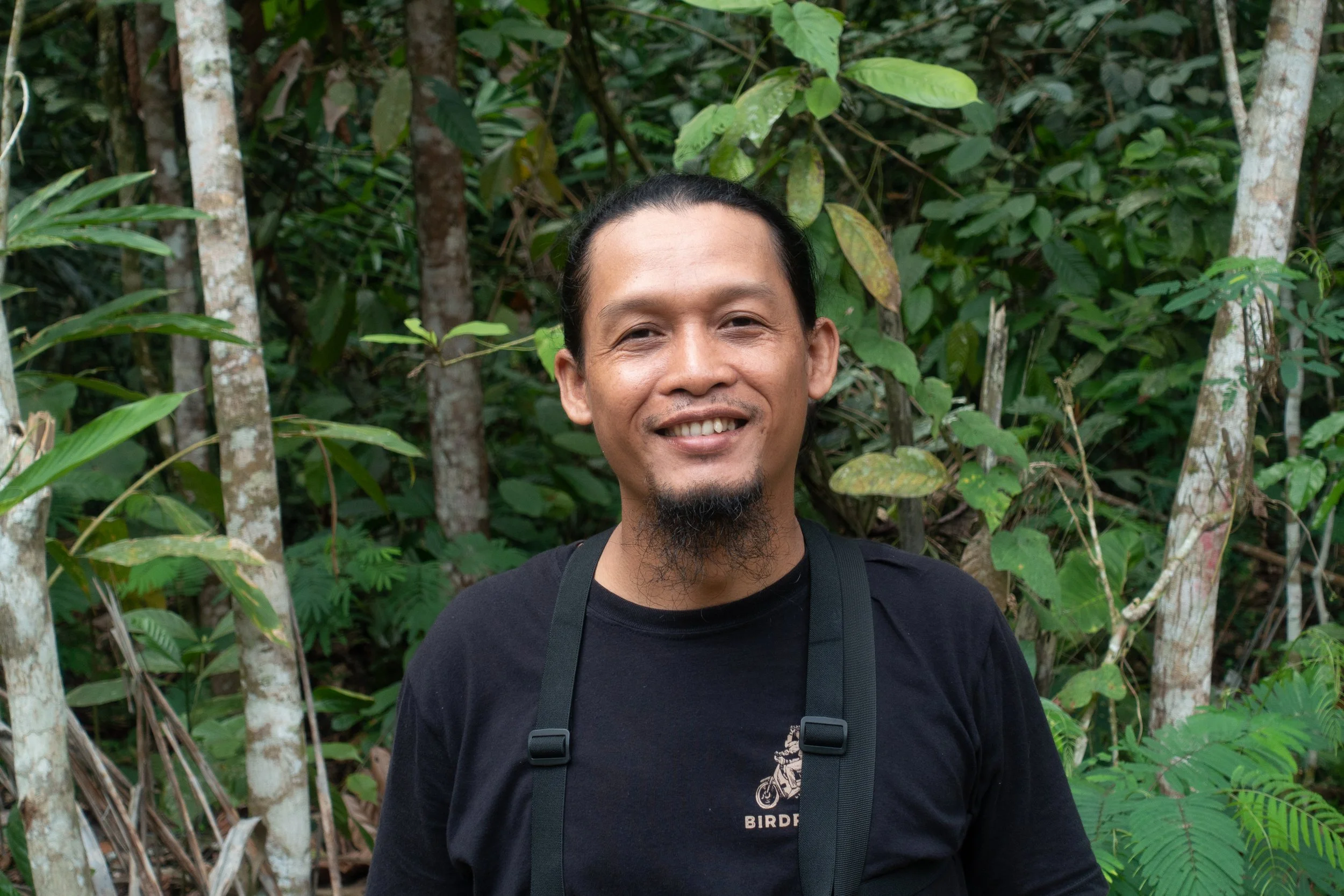Strengthening local organisations for lasting conservation
October 2025
As ASAP launches a new initiative to support local organisations, we reflect on why this work is so vital.
Across Southeast Asia, local conservation organisations are working tirelessly to protect some of the world’s most threatened species. Their passion and knowledge are unmatched. Yet many face challenges that go beyond conservation itself – such as securing sustainable funding, managing growing teams and building systems that ensure their work endures.
To address this, ASAP has developed an Organisational Development programme aimed at helping local organisations become stronger and more resilient. We know that protecting Southeast Asia’s most threatened species depends on organisations that are rooted in the communities and landscapes they serve and equipped to thrive in the long term.
Why local conservation organisations matter
Local organisations are uniquely positioned to deliver lasting conservation solutions. Their deep ties to the landscapes they protect and communities they engage with make their work especially impactful. In species conservation, their role is even more critical - often being the only groups that are actively working to save the most threatened of species in remote, hard to reach areas.
Protecting Southeast Asia’s rich biodiversity depends on strong, resilient local conservation organisations. Credit: BISA Indonesia
Despite their importance, local conservation organisations are often under-resourced compared to large international NGOs. Accessing sustainable funding and support for their work remains a very real challenge – something ASAP is committed to helping to change.
Spotlight on BISA
One such organisation is BISA, a locally-led group working to protect species including the Critically Endangered Javan Blue Flycatcher. Asman Adi Purwanto, BISA’s Executive Director, shares,
“Our biggest challenge is sustainability, both financially and organisationally. We're a passionate team with strong community support, but we need a better system to grow.”
BISA reflects both the challenges and the huge potential of grassroots conservation organisations in the region.
Asman Adi Purwanto, Executive Director of BISA Indonedia
Rising challenges amid funding cuts
In early 2025, the US Government’s decision to withdraw foreign aid - including USAID funding - sent shockwaves through the conservation sector. As one the largest global funders of biodiversity, particularly in Asia, the loss is significant. European governments have also recently reduced aid.
While ASAP-supported local organisations may not be immediately affected, the ripple effects will be felt as competition for remaining funding intensifies. To ensure conservation efforts continue and thrive, local organisations must be equipped with strong strategic plans, diversified fundraising strategies, and resilient organisational systems.
Our approach
ASAP's organisational development work is designed to meet Partners where they are. Together we explore their priorities, discuss the areas where support could make the biggest difference and co-create tailored plans that strengthen the organisation in meaningful, lasting ways.
We have launched this work in Indonesia - home to extraordinary species found nowhere else, and a significant proportion of the ASAP partnership. Together with our delivery partner, Menjadi, we’re beginning by supporting BISA. The initial focus is on organisational strategy to build a strong foundation and ensure alignment. Follow-up support will be shaped by priorities that emerge, such as communications or fundraising.
“For us, this is a big opportunity to professionalise BISA and prove that small organisations can become strong and impactful.” Asman adds.
The team from BISA at the first Organisational Development workshop. Credit: Bisa Indonesia
Strengthening conservation from the ground up
With ASAP’s support, local Partners can plan for the long term, build robust systems and amplify their impact for species conservation.
Delivering this support is intensive for both ASAP and the Partners involved. That’s why we will work with a small number of organisations over the coming years. By collaborating closely with them, we can tailor the support to meet their needs and maximise the impact of their work. This focused approach allows us to build deeper relationships, respond to challenges as they arise and co-create solutions that are sustainable.
The result? Not just stronger organisations, but a stronger, more resilient conservation movement in Southeast Asia.
➡️ Find out more ASAP’s Organisational Development programme




